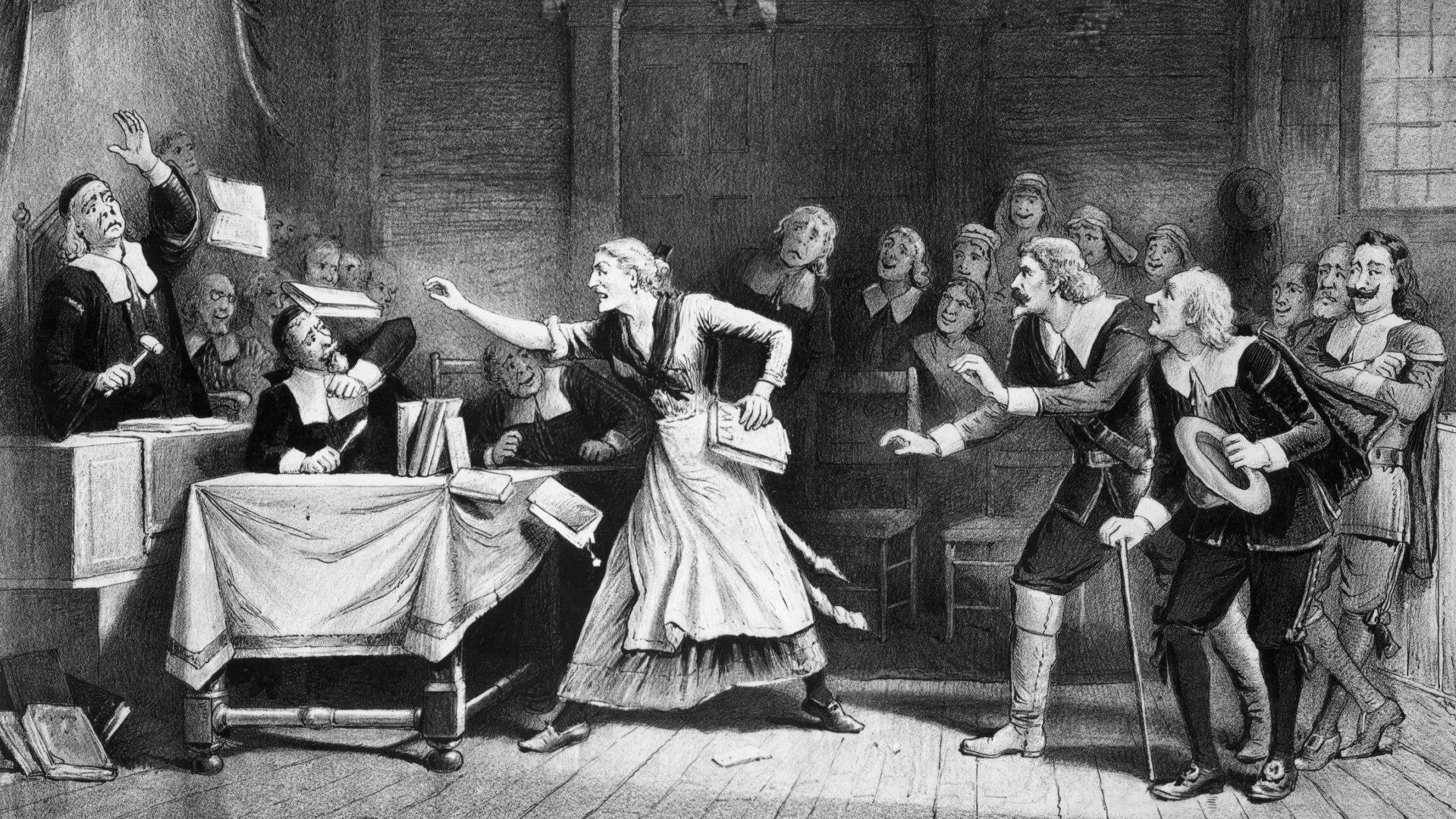A set of newly compiled data allows us to realize the place that beliefs around witchcraft take all over the world and to investigate the key factors associated with them. We thus realize that these beliefs vary according to the country and according to socio-economic status. Details of the study are published in the journal PLOS One.
Witchcraft properly speaking designates the art of interrogating fate (chance, destiny). However, more generally, the term rather refers to the practice of a certain form of magic in which “wizards” and “witches” work with supernatural forces to alter the course of existence or inflict harm.
Many studies conducted in the past have documented the different beliefs around witchcraft. Indeed, understanding them can be important for policy development and other community engagement efforts. However, until now, worldwide statistical analyzes of witchcraft beliefs have been lacking due to a lack of datahence the interest of this new work.
For this study, researchers used a large set of data collected between 2008 and 2017 by the Pew Research Center (an American research center specializing in statistics). ” Do you believe in the evil eye?“, “ Can some people cast curses or spells on other people in an attempt to harm them? ” In total, more than 140,000 people from 95 countries on all continents answered a series of questions of this kind linked to the fact of believing in witchcraft.
4 out of 10 people
According to the study, more than 40% of survey participants said they believed in these different forms of magic. However, these beliefs are not evenly distributed around the world. For example, when nine out of ten people in Tunisia believe that some people are capable of casting spells on other people in order to harm them, only 10% of Swedes believe this.
Moreover, women, city dwellers and young people would be the most likely to believe in these supernatural powers. Conversely, people with the most education, with more financial security and living in a smaller household seemed the least inclined to believe in these forms of witchcraft. However, differences based on socio-economic status alone are not obvious. For example, people with a “very good” economic situation were only 6% to 7% less likely to believe in witchcraft than people with a “very bad” economic situation.
Finally, the most religious people tended to believe that some humans possessed supernatural powers. This is not really a surprise insofar as the notion of “curse” is present in most major religions of the world, including Christianity, Judaism, Islam and Hinduism. ” Overall, religious and witchcraft beliefs, both centered on the key role of supernatural powers in life, go hand in hand“, wrote the researchers in the study.
Note, however, an important limitation of the study: it did not interview anyone in India or China. These two countries are home to around 2.8 billion people.
We would like to say thanks to the author of this short article for this outstanding content
Four out of ten people in the world believe in witchcraft
Check out our social media accounts along with other pages related to themhttps://nimblespirit.com/related-pages/

